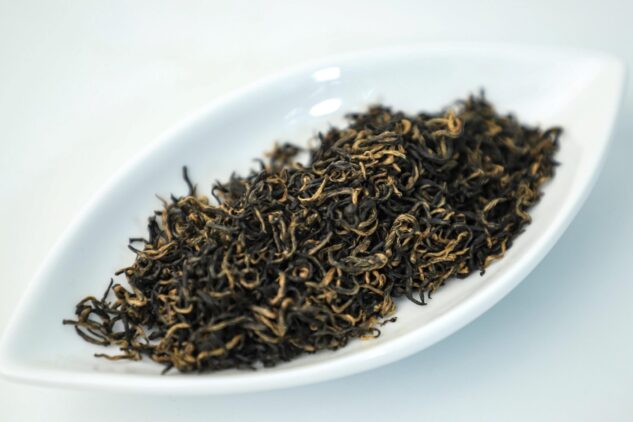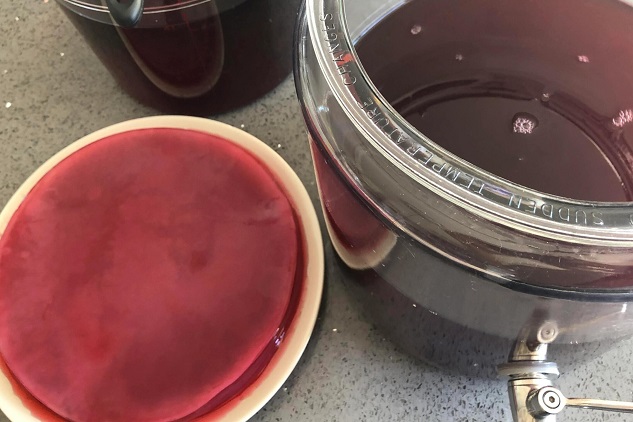Kombucha is a fermented tea drink known for its health benefits and unique sour flavor. The foundation of a great kombucha lies in the type of tea you choose. All teas—white, black, green, oolong or post-fermented—come from the same plant, Camellia sinensis. However, the different types of tea are primarily distinguished by their processing methods, which can significantly affect the flavor and health properties of the kombucha.
Why Tea is important in Kombucha Brewing
Tea is essential to kombucha brewing because it provides the nutrients and compounds that feed the SCOBY (Symbiotic Culture of Bacteria and Yeast). These nutrients include nitrogen, caffeine, and theanine, which are essential for the growth of the kombucha culture. Additionally, the fermentation process of kombucha enhances the bioavailability of polyphenols and antioxidants in tea, making them more easily absorbed by the body.
![]()
Black tea is a popular choice for brewing kombucha due to its high oxidation level. The oxidation process of black tea leaves releases a wealth of nutrients that are ideal for the growth of SCOBY. This results in a rich, full-bodied kombucha with a strong flavor. Black tea is also rich in theaflavins and thearubigins, which contribute to the health benefits of kombucha.
Unlike black tea, green tea is unoxidized, retaining its delicate flavor and high catechin content, particularly epigallocatechin gallate (EGCG). Green tea kombucha has a lighter, more herbaceous taste and is less effervescent than its black tea counterpart. Green tea’s high antioxidant content makes it a healthy option, though its more delicate flavor may appeal to those who prefer a milder kombucha.
Oolong tea is partially oxidized, and is a balance between black and green tea. This versatility allows oolong to produce a kombucha with a well-rounded flavor—less bitter than black tea but stronger than green tea. Oolong tea’s wide range of oxidation levels means you can experiment with different varieties to find the perfect flavor profile for your kombucha.
White tea is the least processed of all teas, made from the youngest buds and leaves of the tea plant. The gentle drying process of creating white tea preserves its delicate flavor and high antioxidant content. White tea kombucha is light and delicate, often best enjoyed with added floral notes like rose or jasmine. This tea’s mildness makes it a great choice for those who prefer a less intense kombucha experience.

While herbal teas (tisanes) can be used to brew kombucha, they also present some challenges. Herbal teas lack the nutrients found in Camellia sinensis leaves, which can lead to the gradual weakening of the SCOBY over time. Additionally, herbs with high essential oil content, like peppermint or eucalyptus, can inhibit fermentation. If you choose to brew with herbal teas, it’s crucial to select dried herbs and avoid those with strong essential oils. Popular options like hibiscus can provide a sweet-tart, floral kombucha with a vibrant pink color.
Yerba mate, a traditional South American beverage, is gaining popularity as a base for kombucha brewing. It contains caffeine, theobromine, and a variety of antioxidants, making it a stimulating and healthful choice. Yerba mate kombucha can be more energizing due to its higher caffeine content and typically has a more pronounced, grassy flavor with hints of bitterness.
Choosing the right tea is crucial for crafting a flavorful and healthful kombucha. Experimenting with different teas will allow you to discover the perfect balance of flavor and health benefits in your kombucha. Whether you prefer the boldness of black tea or the subtlety of white tea, there’s a kombucha brew waiting to be crafted just for you.
